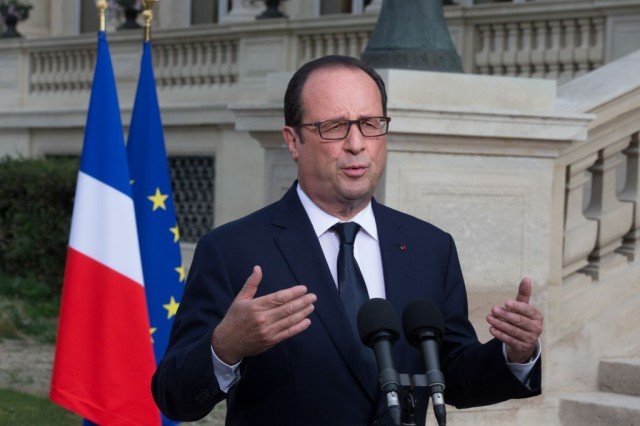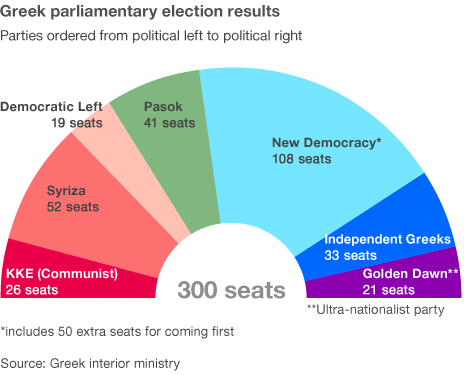International coalition holds talks in Paris on ISIS threat
Thirty countries taking part in a major conference in Paris talks have pledged to help Iraq fight Islamic State (ISIS) militants “by all means necessary”.
A joint statement by the foreign ministers said support would include “appropriate military assistance”.
The talks had been called to agree a strategy to combat the group, which controls large parts of Iraq and Syria.
The conference followed a whirlwind tour of the Middle East by US Secretary of State John Kerry.
John Kerry, who attended the summit, has been drumming up support for a plan of action unveiled by President Barack Obama last week.
The murder of British aid worker David Haines by ISIS militants, shown in a video released by the group on September 13, has added momentum to the plans.
Opening the summit, French President Francois Hollande said the threat posed by ISIS militants needed a global response.
The CIA estimates that Islamic State – formerly known as ISIS – has between 20,000 and 31,000 fighters in Iraq and Syria.
Iraqi President Fuad Masum, who co-hosted the conference with Francois Hollande, said the international community must pursue the jihadists “quickly”.

Thirty countries taking part in a major conference in Paris talks have pledged to help Iraq fight ISIS militants by all means necessary (photo AP)
“If this intervention and support to Iraq is late, that means that Islamic State could occupy more territory and the threat it poses will be even bigger,” he said.
The summit closed a few hours later with a joint statement saying the participants were “committed to supporting the new Iraqi government in its fight… by any means necessary, including appropriate military assistance”.
Earlier, France said it had begun surveillance flights over Iraq. Britain revealed in August that its aircraft had been gathering intelligence over Iraq.
Several Arab countries have offered to take part in air strikes on IS fighters in Iraq, US officials say.
Turkey, however, will only allow humanitarian and logistical operations from the NATO air base on its soil.
John Kerry said he was “extremely encouraged” by promises of military assistance to tackle the militant group.
The US strategy to weaken the group centers on military support for Iraq but also includes plans to stop foreign fighters from joining the group, cutting its funding streams and trying to counter its ideology.
The Paris conference was aimed at defining the role each member state will play.
About 40 countries have so far signed up to a coalition including 10 Arab states – Egypt, Iraq, Jordan, Lebanon, Bahrain, Kuwait, Oman, Qatar, Saudi Arabia – and the United Arab Emirates.
Neither Iran nor Syria are being allowed to take part.
Last week John Kerry ruled out co-operation with Iran citing its “engagement in Syria and elsewhere”.
Iranian Supreme Leader Ayatollah Ali Khamenei claimed on September 15 that the US had requested Iran’s co-operation via the US Ambassador to Iraq.
“I said no, because they have dirty hands,” Ayatollah Ali Khamenei said.
Ayatollah Ali Khamenei added the US was seeking seeking a “pretext to do in Iraq and Syria what it already does in Pakistan – bomb anywhere without authorization”.
[youtube paKRn9SN1ig 650]

